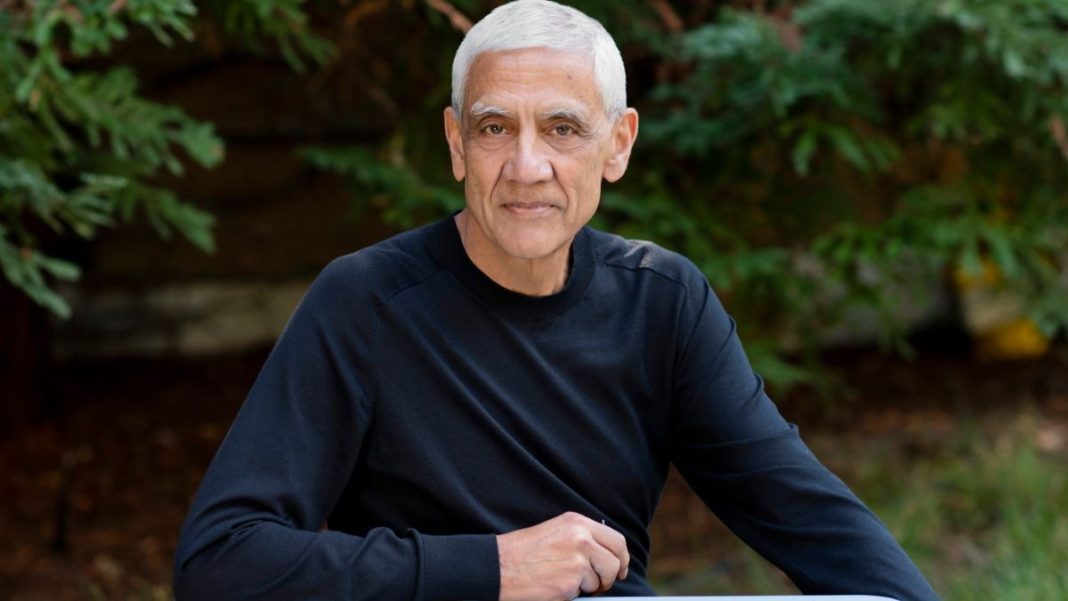Key Takeaways
- Vinod Khosla proposes the US government should own a 10% stake in every public company.
- The plan aims to distribute AI-generated wealth more evenly across society.
- Khosla predicts a “hugely deflationary economy” by 2035 due to AI advancements.
- He suggests this approach as an alternative to universal basic income (UBI).
Venture capitalist Vinod Khosla has proposed a radical solution to address AI-driven economic disruption: the United States should own a 10% stake in every public company. Speaking at TechCrunch Disrupt 2025, the Khosla Ventures founder argued this would ensure the immense wealth generated by artificial intelligence benefits all Americans rather than concentrating among shareholders.
Government Stake Inspired by Intel Intervention
Khosla revealed his proposal was inspired by recent government action. “When Trump bought 10 per cent of Intel, I wondered if it wasn’t a good idea,” he said, referring to the US administration’s previous intervention. “Take 10 per cent of every corporation and put it in a national pool for the people, that’s really interesting. Just take 10 per cent of every public company.”
According to Khosla, this mechanism would allow Americans to share directly in the profits of the country’s most powerful technology firms.
Alternative to Universal Basic Income
The venture capitalist positioned his idea as an alternative to universal basic income (UBI), which has gained traction among some AI leaders through experiments by OpenResearch. Instead of distributing cash directly, Khosla proposes citizens would collectively benefit from corporate profits.
“I’ll get critique for this idea,” he acknowledged, but insisted bold measures were needed to address the economic shifts that artificial general intelligence (AGI) could bring.
Economic Projections and Job Impact
Khosla stressed that equitable distribution of AI’s benefits must be a priority in the coming decade. “We won’t need to do it in 15 years, but we do have to take care of those people. We will, by 2035, have a hugely, hugely deflationary economy,” he predicted.
He also addressed AI’s impact on employment, warning that while traditional jobs will be displaced, new entrepreneurial opportunities will emerge. “There’s a startup in building AI for every profession,” said Khosla, listing sectors including , medicine, chip design, auditing, marketing, and entertainment.
Looking further ahead, Khosla questioned whether some manual or repetitive jobs should continue at all in an automated future, describing such roles as “servitude to survival.”




